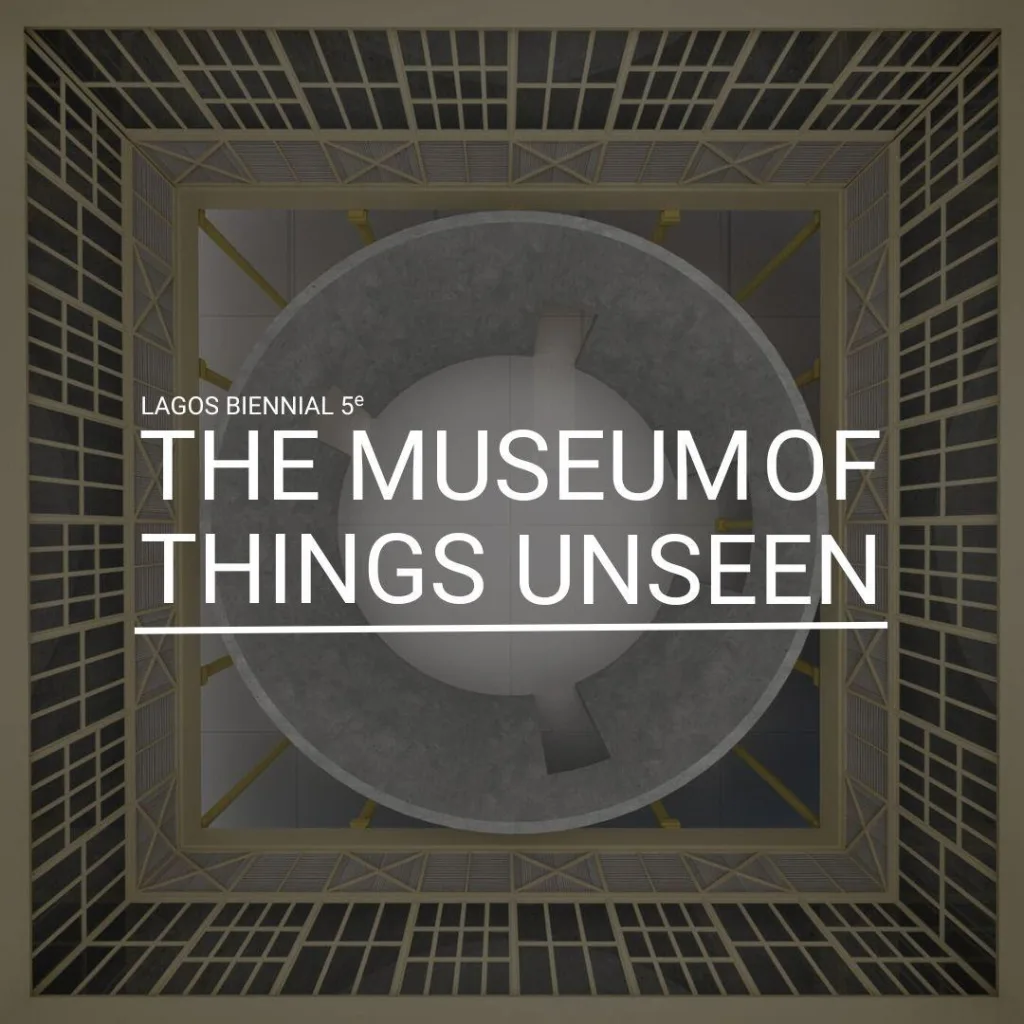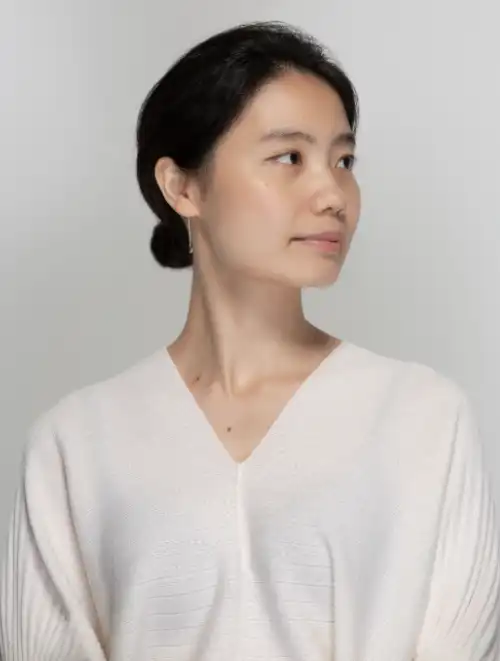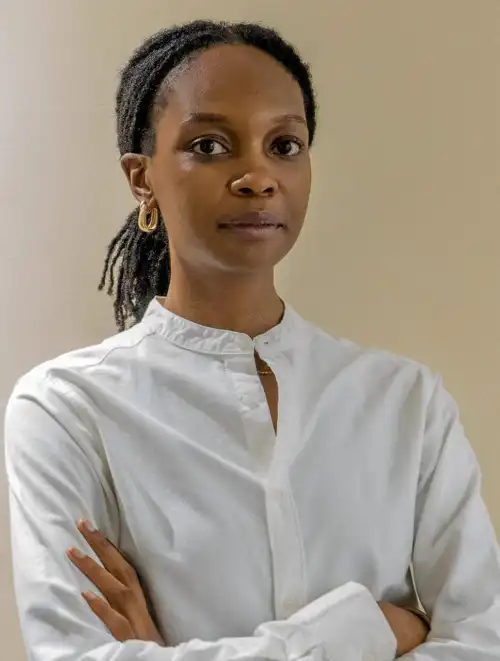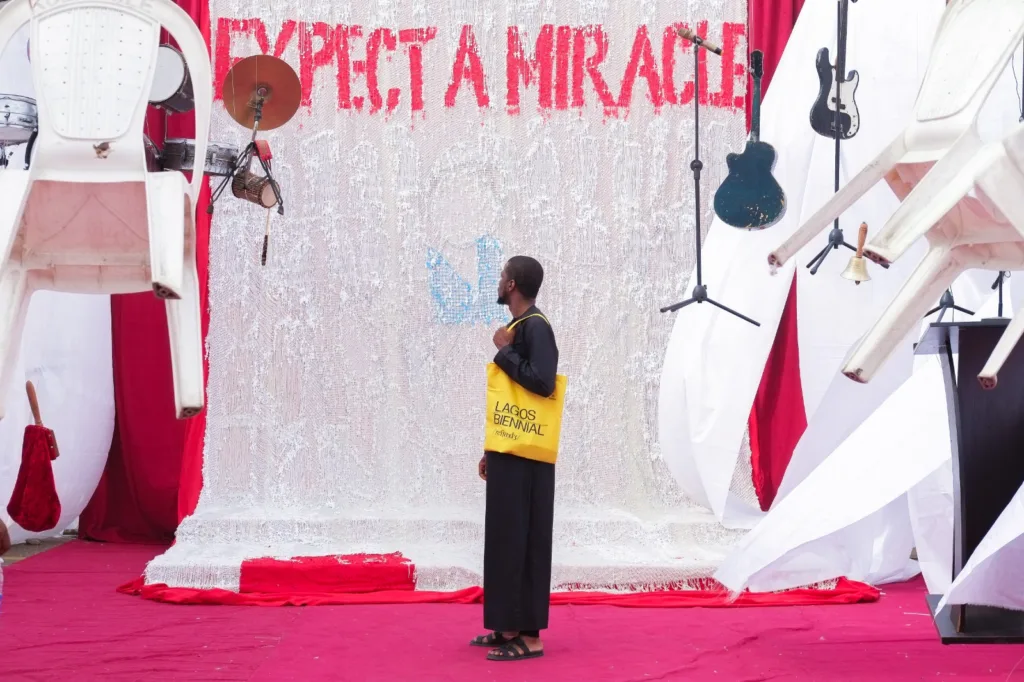The Lagos Biennial returns for its fifth edition with an ambitious project that probes the concept and role of the museum.

Titled The Museum of Things Unseen, this year’s Biennial shifts the spotlight toward untold narratives and underrepresented histories as well as exploring the boundaries of museology through a thought-provoking lens. This edition also marks the unveiling of the Àkéte Collection, Africa’s first public international collection of contemporary art, underscoring the continent’s evolving role in the global art discourse.



Curated by Furen Dai, Chinyere Obieze, and Sam Hopkins, The Museum of Things Unseen centers on the idea of a museum liberated from conventional constraints, reflecting on what such an institution might look like in a post-colonial, globalized context. Through a curated selection of rarely exhibited pieces drawn from diverse international collections, the Biennial challenges assumptions about visibility, ownership, and the narratives museums choose to amplify. Artists have been invited to engage with these works, reinterpreting them to question the cultural and political narratives they convey.
The Àkéte Collection, concurrently launched as part of the Biennial, aims to reshape the African art landscape. Located in Lagos, this newly established collection draws from past Biennial exhibitions and global sources, positioning itself as a significant addition to the continent’s cultural heritage. It will feature a broad selection of modern and contemporary works intended to offer accessible, public engagement with an international calibre of art—an initiative rarely undertaken on this scale in Africa.

Accompanying the Biennial’s exhibitions is an international colloquium featuring museum professionals, academics, and art historians who will gather to discuss critical issues in museology and cultural restitution. This colloquium will also address questions surrounding heritage and the concept of a “universal museum,” inviting broader scrutiny of the frameworks that shape our understanding of art and history.
Organized by the Àkéte Art Foundation, an artist-led, non-profit organization, the Lagos Biennial operates independently of government or large institutional funding. The foundation has also made significant strides in rethinking the role of the biennial format to prioritize community needs and address contemporary social and environmental concerns. While Lagos Biennial has often been seen as a platform for social commentary through art, this year’s edition shifts focus to include a critical re-examination of institutional structures themselves.
The Museum of Things Unseen will be on display from October 17 to December 18, 2026, across various sites in Lagos. Further information, including program details and curator statements, is available on the Lagos Biennial’s official website and social media channels.


